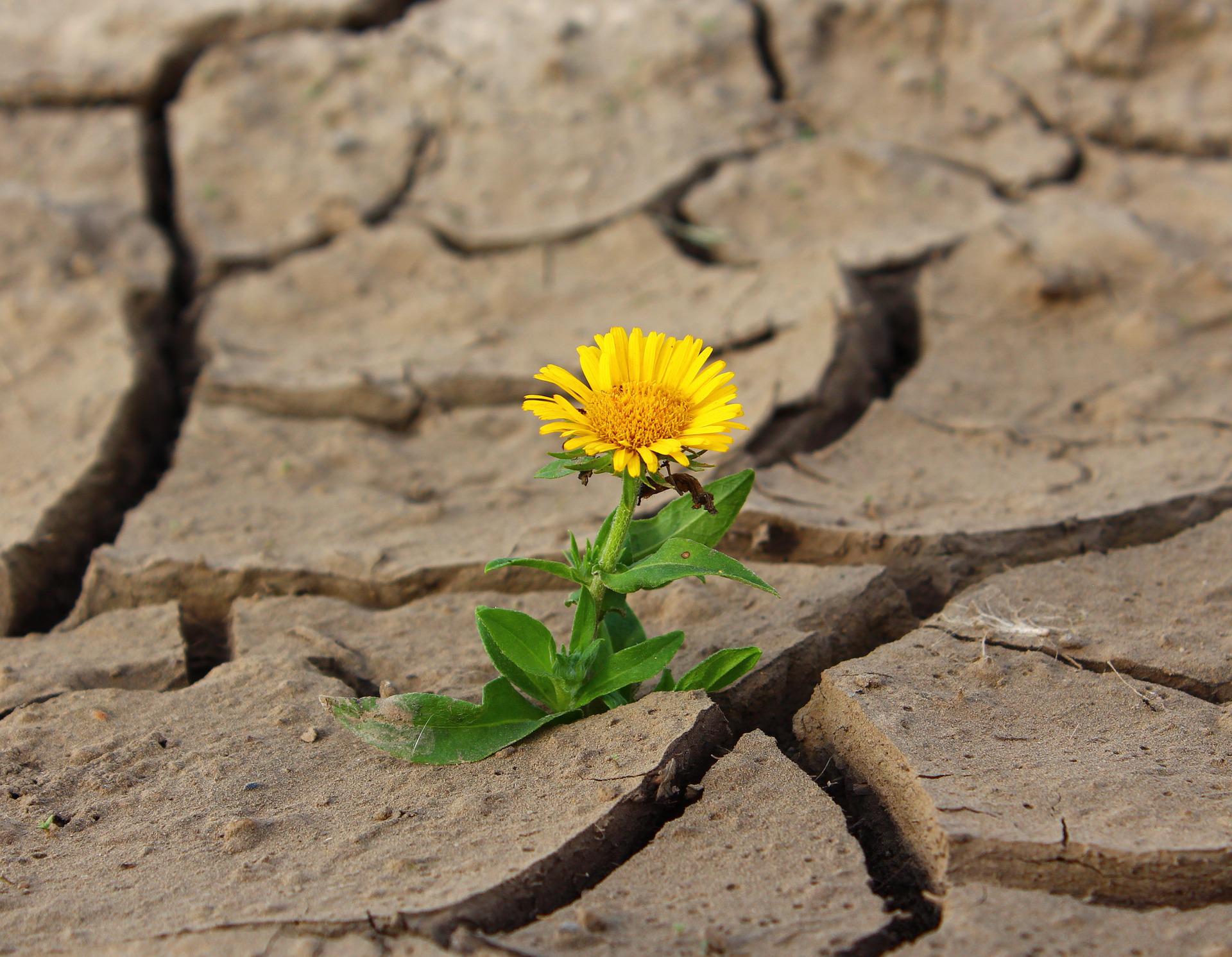Climate change - supporting practice
Every sector of the economy is required to reduce greenhouse gas emissions. Although efforts and pressure are increasing in this regard, agriculture must prepare for climate changes that are already inevitable. Unfortunately, the measures we are taking today to reduce emissions will only take effect in decades and centuries. We therefore urgently need to reduce emissions and adapt our farms to the inevitable climate change.
Every business is affected
Climate change is already noticeable for each of us. These include, for example, more hot days, higher evaporation rates, less favorable precipitation distributions, increased heavy rain events, heat stress, longer growing seasons, but also a higher risk of late frost, increasing conflicts over water use and immigration of new species. These changes are particularly noticeable in the Alpine region and are unfortunately to be expected. This will have consequences that will affect every area of agriculture and forestry and thus every farm in the entire production chain. Climate change not only affects the soil and plants, but also animal husbandry is massively affected - directly and indirectly.
Act strategically
The so-called vulnerability describes the susceptibility or buffering ability of a system when fluctuations and changes occur. Farming work is characterized by a variety of parallel and connected processes - in and with nature.
This diversity and the interaction of many areas and activities inevitably mean that the entire operating system must always be kept in mind when adapting to climate change. It is therefore not enough to just turn one screw, because many gears mesh together. The entire farm and also the farming family must therefore adapt step by step and develop organically. That takes knowledge, time, consistency. And it also requires embracing change and believing in the future.
Agriculture is one of the sectors most affected by climate change. It depends directly on the weather and the ground conditions. Therefore, research and consulting have paid particular attention to the topic of climate change adaptation in recent decades. Today these results are important to support farmers. But we also need this knowledge to develop further adaptation strategies.
Very concrete measures
In the podcast series , which also complements short specialist articles in LANDWIRT , we would like to show farmers specific measures to adapt to climate change. The thematic range will span a wide range over about a year: from soil to cultivation and crop rotation to new seed mixtures and species; from ration design to feed storage and new grazing systems; from cooling and ventilation systems in stables to dealing with new plant species and parasites. Let's accept the challenges and walk the path together!
Click here to go directly to the podcast series Climate Change - How do I prepare on the farm?







